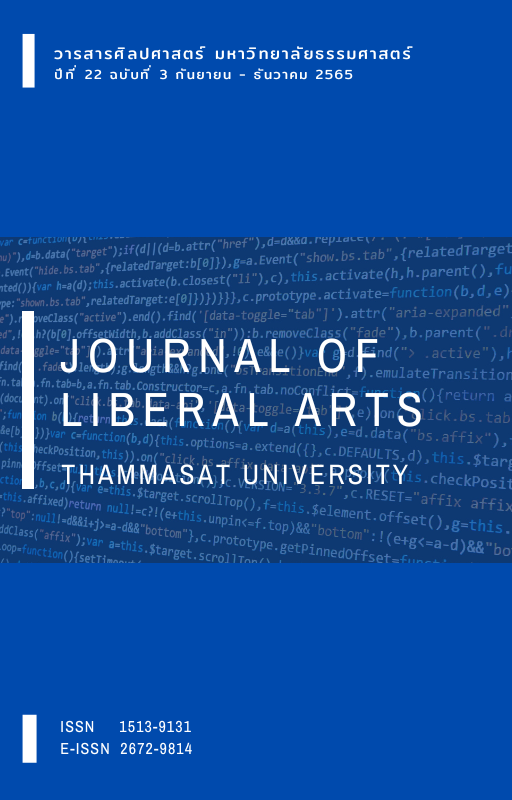Parcelled structure and figure of aposiopesis as syntactic meaning of expression in the V.M. Shukshin’s stories
Main Article Content
Abstract
In this study, the parcelled structures and the figure of aposiopesis are considered as syntactic meaning of expression in the texts of V.M. Shukshins’ stories. The objectives of the study are: 1) to identify the features of the functioning of parcelled structures and figures of aposiopesis in the space of a literary text; 2) to define the variety of their meanings; 3) to consider their specifics as elements of a literary text (microtext) involved in the formation of conceptual information.
In this work, the main research methods are implemented: statistical analysis; semantic-contextual method aimed at finding the specifics of the syntagmatics of the analyzed units in the literary context. The material for the analysis was the parcelled structures and the figure of apophasis obtained as a result of whole sampling from V. M. Shukshin's literary stories.
As a result of the study, it was found that:
- The parcelled structure occupies a special place in the creative manner of V. M. Shukshin. The use of this structure in the texts of stories implements characterological, pictorial and emotional-excretory functions. With the characterological function, the parcels are used with the meaning of the attribute, in form they are definitions, consistent and inconsistent. The pictorial function, respectively, is expressed in the subject-circumstantial clarification of the narrative picture, in concretization, enumeration of additional actions of the characters. The emotional-excretory function of the parcels expresses a special emotional state of the speaker (characters or narrator).
- The functional characteristic of the figure of aposiopesis in literary texts assumes, first of all, a functional aspect, the identification of the purposes of using this technique in the text of a literary creation, the particular functions that it performs. The figure of aposiopesis in the texts of V.M. Shukshins’ stories is multifunctional. The main functions are euphemistic, pictorial, psychological (emotive), expressive limiter, demonstration of unformed thought, transfer of the relations of opposition between the present and omitted parts and action, implying the performance of an action in silence.
Perhaps it would be useful to continue to conduct research on the use of other syntactic meaning of expression in different classifications of texts: as a media text and propaganda. The additional studies mentioned above will provide a better and more comprehensive understanding of syntactic meaning of expression in the Russian language.
Downloads
Article Details

This work is licensed under a Creative Commons Attribution-NonCommercial-NoDerivatives 4.0 International License.
References
Авласевич, М. А. (1973). О парцелляции в современном русском литературном языке // Вестник БГУ, 1, 15-23.
Ванников, Ю. В. (1978). Синтаксис речи и синтаксические особенности русской речи. Русский язык.
Винокур, Г. О. (1991). О языке художественной литературы. Высшая школа.
Иванчикова, Е. А. (1968). Парцелляция, её коммуникативно-экспрессивные синтаксические функции // Русский язык и советское общество. Морфология и синтаксис современного русского литературного языка, 4, 277-301.
Кожина, М. Н. (1987). О языковой и речевой экспрессии и её экстралингвистической обоснованности // Проблемы экспрессивной стилистики, 8-17.
Мокроусова, О. Ю. (2011). Номинативное предложение как единица текста: коммуникативно-прагматический аспект. Диссертация на соискание учёной степени кандидата филологических наук, Ростов-на-Дону.
Прияткина, А. Ф. (1990). Русский язык: синтаксис осложненного предложения. Высшая школа.
Сеничкина, Е. П. (2003). Семантика умолчания и средства её выражения в русском языке. Диссертация на соискание учёной степени кандидата филологических наук, Москва.
Черемисина, Н. В. (1989). Русская интонация. Проза. Поэзия. Разговорная речь. Русский язык.
Шукшин, В. М. (1986). Рассказы. Элиста: Калмыцкое книжное издательство.
Шукшин, В. М. (1994). Я пришёл дать вам волю. Джангар.
Шукшин, В. М. (2006). Позови меня в даль светлую. Рассказы. Повести. Записные книжки. Эксмо.


